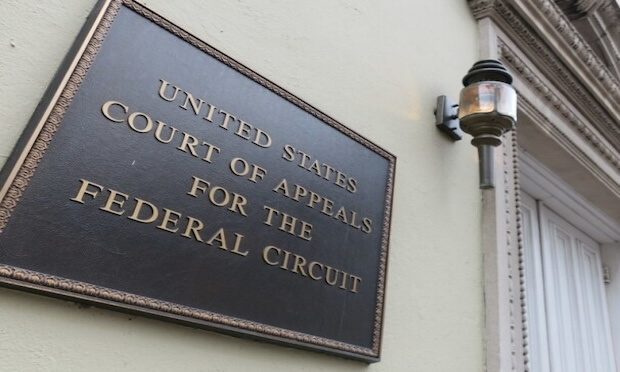Federal Court Revives Legal Path for Eviction Moratorium Loss Claims

A recent federal appeals court decision has breathed new life into a critical legal issue many rental housing providers have been watching closely: compensation for financial losses sustained during the COVID-19 eviction moratoriums. This ruling could signal a turning point in the national conversation around government-imposed housing restrictions and the rights of property owners under the U.S. Constitution.
In a 7-3 decision, a federal appeals court ruled that the U.S. government must face legal claims from rental housing providers who argue they suffered uncompensated losses due to the nationwide eviction ban in 2020–2021. At the heart of the case is the Fifth Amendment’s “takings” clause, which protects property owners from government seizure without just compensation.
The court found that the eviction moratorium may have constituted a government taking of private property, and therefore, housing providers have standing to sue. While the ruling is limited to the federal moratorium, it sets a powerful precedent that could influence similar claims against state and local governments, especially in jurisdictions like California, where pandemic restrictions were even more extreme.
During the pandemic, California enacted some of the most restrictive eviction moratoriums in the country. Intended to protect renters facing legitimate financial hardships, these measures simultaneously placed rental housing providers in a precarious financial position. Many were left without rent payments while still being responsible for mortgages, property taxes, insurance, and maintenance costs.
Although the state implemented the COVID-19 Rent Relief Program, funding was often delayed, inconsistent, or insufficient. Some providers received only partial aid or none at all.
The California Rental Housing Association (CalRHA) filed a lawsuit against the State of California, asserting that the state’s moratorium constituted an unlawful taking of private property. However, the federal court dismissed the case as moot after the moratorium expired without ever ruling on the core constitutional claim.
EBRHA's sister association down in Southern California, the Apartment Association of Greater Los Angeles (AAGLA), also brought lawsuits against both Los Angeles County and the City of Los Angeles. In a partial victory, the court ruled that the County’s ordinance was “unconstitutionally vague” and forced the County to revise or cease enforcement. But in the case against the City, the court sided with the City, citing its emergency police powers.
While the recent appeals court ruling pertains only to the federal moratorium, it revives broader legal discussions about pandemic or other emergency housing policies. If the decision is eventually upheld by the U.S. Supreme Court, it could lead to billions in compensation for impacted rental property owners across the country. More importantly, it sets a precedent that state and local eviction bans may also qualify as unconstitutional takings, opening the door for renewed legal action in California and other states.
At the East Bay Rental Housing Association (EBRHA), we continue to advocate for a fair and balanced housing system that protects renters in times of need while recognizing the legal and financial rights of rental housing providers. The pandemic revealed the fragility of that balance and the unintended consequences of one-sided policies. This new ruling is an important step in acknowledging the hardship endured by housing providers and restoring constitutional protections.
EBRHA will continue to monitor legal developments and update our members as new information becomes available. In the meantime, this ruling is a clear signal that the conversation around eviction moratorium policies is far from over.
